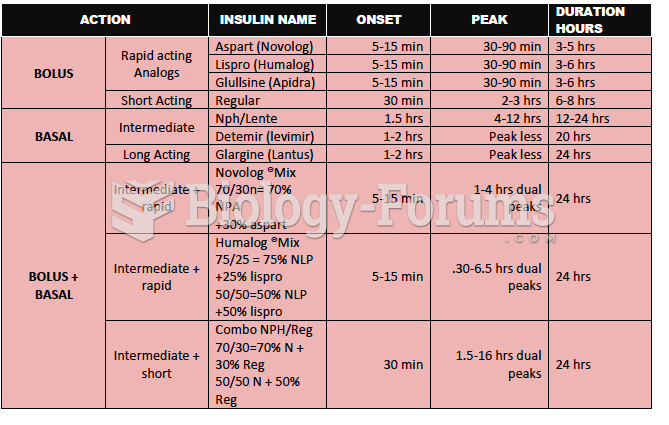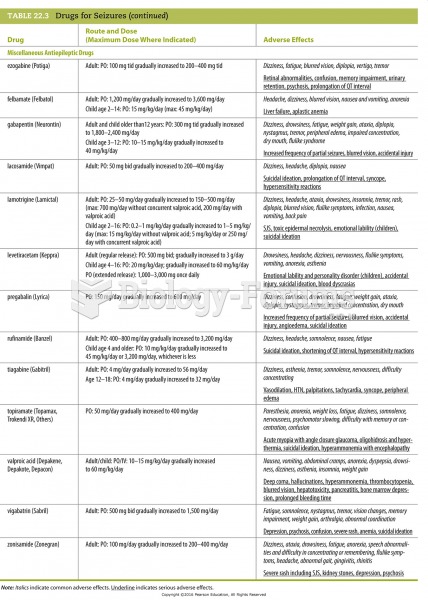Answer to Question 1
Correct Answer: 1,2,3,5
Rationale 1: Nasogastric tubes are used for short-term care while gastrostomy tubes are placed in patients who will need long-term care.
Rationale 2: Most health care providers order drugs in liquid form for NG and G tube patients. If a medication does not come in liquid form, the solid form will need to be crushed and mixed with water prior to administration unless there is a contraindication for crushing the medication.
Rationale 3: Enteric-coated medications should not be crushed. To do so would expose the drug to the acid in the stomach when it is intended to bypass the stomach acid and be dissolved in the alkaline environment of the small intestine.
Rationale 4: Drugs administered via gastrostomy tube are affected by the same physiological processes as those given orally.
Rationale 5: While solid drugs may be crushed and dissolved in water prior to being administered, they tend to clog the tubes if the tubes are not routinely flushed.
Answer to Question 2
Correct Answer: 2,4
Rationale 1: The oral route is considered the safest because the skin barrier is not compromised; if an overdose occurs, drugs remaining in the stomach can be evacuated with stomach contents.
Rationale 2: The purpose of scoring a tablet is the greater ease of cutting the tablet in half or quarters. These same tablets may be crushed, if needed.
Rationale 3: Some drugs irritate the stomach lining and are coated to prevent being dissolved in the stomach. These drugs go on to the small intestine and are dissolved in the alkaline environment.
Rationale 4: This is a major disadvantage of oral medications.
Rationale 5: Enteric-coated drugs are designed specifically to bypass the stomach's acidic environment and continue to the alkaline environment of the small intestine.







